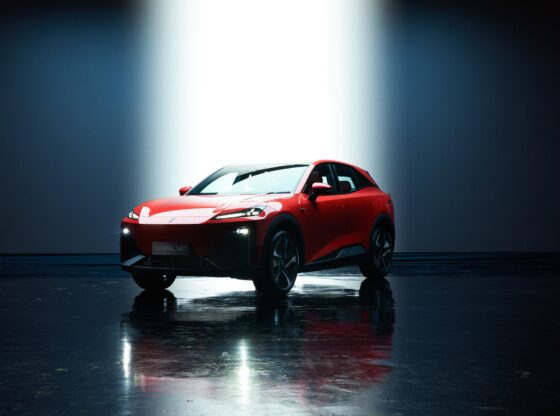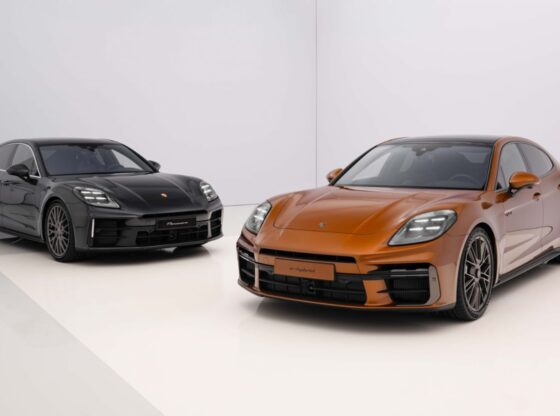![]()
Do you know what EVAT stands for?
Not a lot, cynics might say. Well, let me enlighten you.
EVAT is the Electronic Vehicle Association of Thailand.
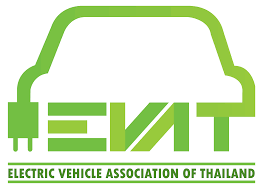
Still none the wiser?
I sympathise. If there was a branch of this association in Pattaya would it be called EVAP, short for evaporate?
The reality is that EVAT does not have a high profile in the Kingdom at present. But, before the year is out, that may change– a little, at least.
Why?

Well, the fact is that electric vehicles (EVs) are coming. Maybe not rapidly, but they are coming to Thailand.

Late last year Nissan announced that it will be introducing its Leaf EV in Thailand this year. First as an import from Japan, but maybe built in Thailand later if they receive government cooperation. You can expect other manufacturers to follow.
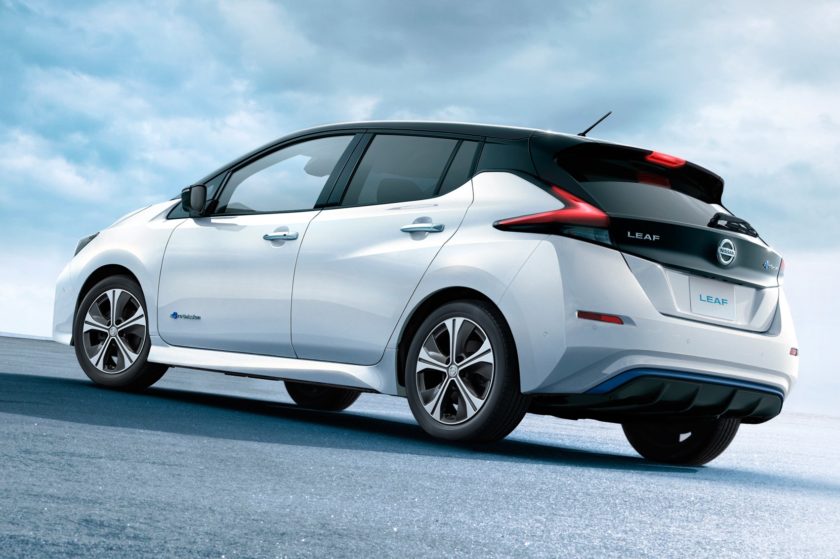
EVAT is involved in the rather grand sounding IEEE International Transportation Electrification Conference & EXPO Asia-Pacific which will be held at BITEC in Bangkok in June. The sub-title of the gathering is E-Mobility: A journey from now and beyond. Sounds like they’ve hired Buzz Lightyear to organise the marketing.
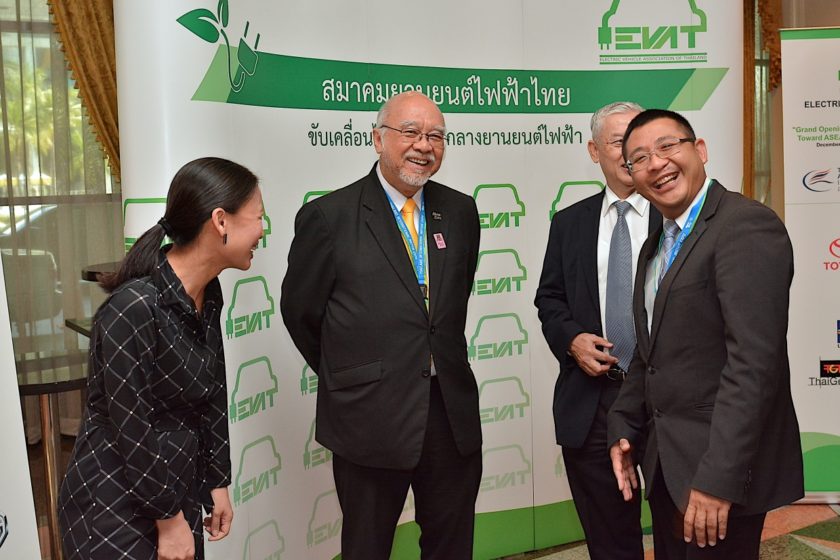
Amid my poor attempts at levity there is a more serious undercurrent. Thailand’s reliance on petrol and diesel engines for getting around is about to be challenged. Nothing is going to happen overnight, but change will come. You can bet your fuel-guzzling, CO2 and NOx-emitting pick-up truck on it.

In the UK, where I currently find myself, EVs are big news. They have been around for a while but their take-up has been held up by three main factors …
Range: A large number of EVs currently on the market cannot travel very far on a single battery charge. It’s a sort of Catch-22. To travel further requires a bigger battery. A bigger battery needs more power to move it. All a little self-defeating.
However, battery improvements are being made. The Nissan Leaf, for example, claims to be able to travel 235 miles on a single charge which is more than enough for most motorists. Nissan has stolen a march on its competitors with this far-reaching range.
Recharging points: The number of public charging points available is miniscule in the UK when compared to the number of petrol pumps. If you can’t recharge your battery when out and about, it’s a problem.
In the UK Shell is looking to put recharging points at many of its service stations. In essence, a major increase in the number of power points is needed before EVs can be seen as a viable option. I don’t know how many – if any – public charging points there are in Thailand, but I expect it will take many years before there are enough.
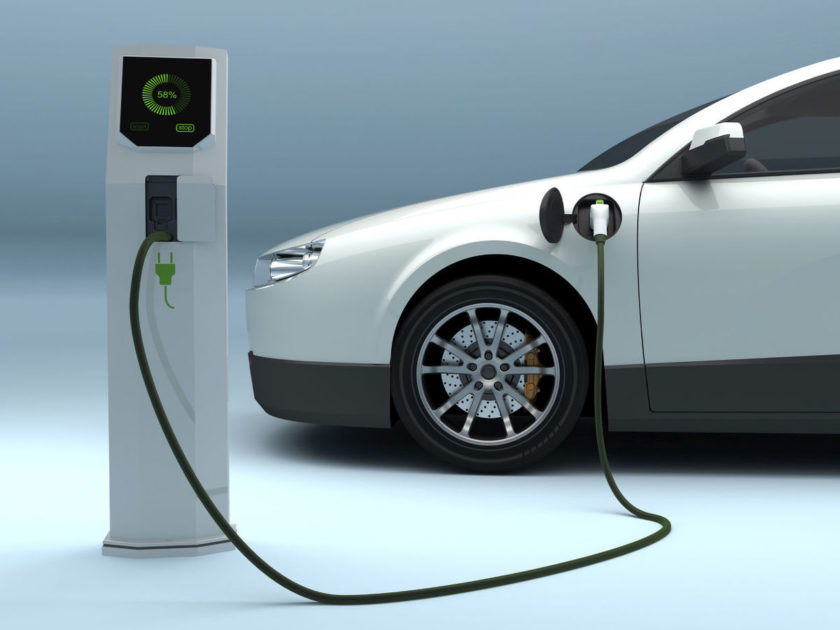
Price: EVs ain’t cheap! In the UK a Leaf, which is about the size of a Ford Fiesta, retails for around £26,000 (about Bt1,133,000).
Though once Thai customs tariffs are applied to the imports from Japan one can only guess at the final amount. At varying times the UK government has introduced tax incentives to encourage take-up of EVs and even subsidised the price of them. Can you see the Thai government doing the same? A rhetorical question.
Those are the main obstacles in the way of EV proliferation.
There are others such as the time it takes to recharge an EV battery. Rapid chargers are available but even they take a quarter of an hour to allow several miles to be covered.
Think about how frustrating you find it currently when all the pumps are occupied at your favourite filling station. What will happen when the car in front on you needs to occupy a space for 15 minutes before you can get in?
Add another 15 minutes for your own recharge and that’s half an hour added to the journey. I can see people fighting over fill-up spots.
If EVs really did catch on that would pose another problem. How to provide all the extra electric power needed. In a country where power cuts are the norm, not the exception, how would the electricity generators cope with increased demand that everyone plugging in at 6.30 in the evening would create?
I’m not painting a particularly pretty picture, am I?
Can I see Thais rushing to help save the planet by buying EVs?
Not really. The days of getting stuck behind a bus spewing out all types of pollution are not about to disappear soon.

I think hi-so Thais wishing to impress others with their “greenness” may draw the line short of buying full EVs. Though Tesla makes a really up-market one.
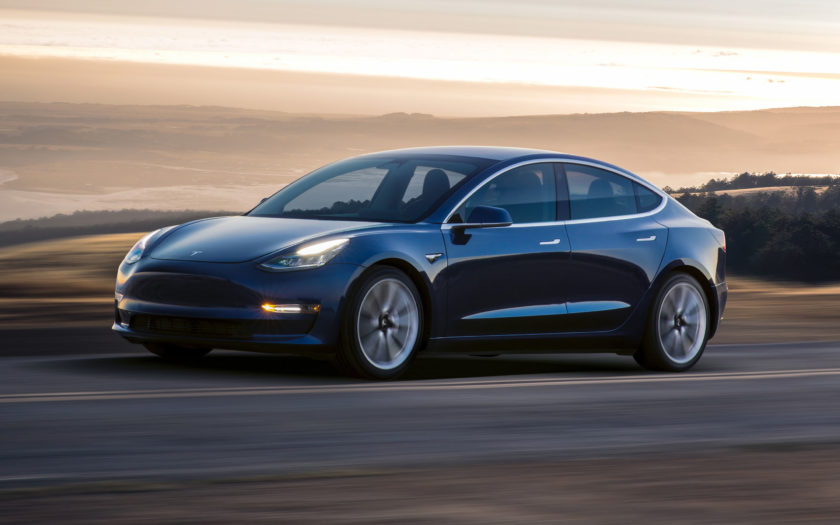
Of course, there are hybrid vehicles available.
These can run for several miles on the battery before needing to switch to the petrol back-up.
These are growing in popularity in the UK but the suspicion is that people who are too lazy to charge the battery run on petrol nearly all the time. They just want to appear to be reducing their reliance on fossil fuels.
It’s undeniable that the Thais love their cars and trucks. It seems you can live in a house that many would regard as a hovel, but, if you have a decent truck outside, you are doing okay.
I can’t help thinking that the balance may be wrong. But, I’ve long since abandoned trying to apply logic to such considerations.
Will you be a trail-blazer and buy an EV soon or wait until all the problems have been overcome? My money is on the latter.
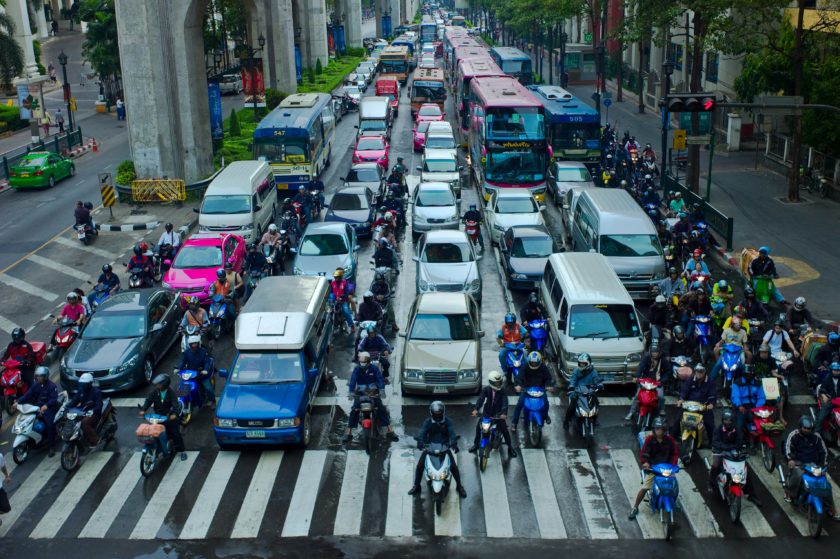
So, EVs are coming … ever so slowly. Remember where you read it!
By Dave Buckley




